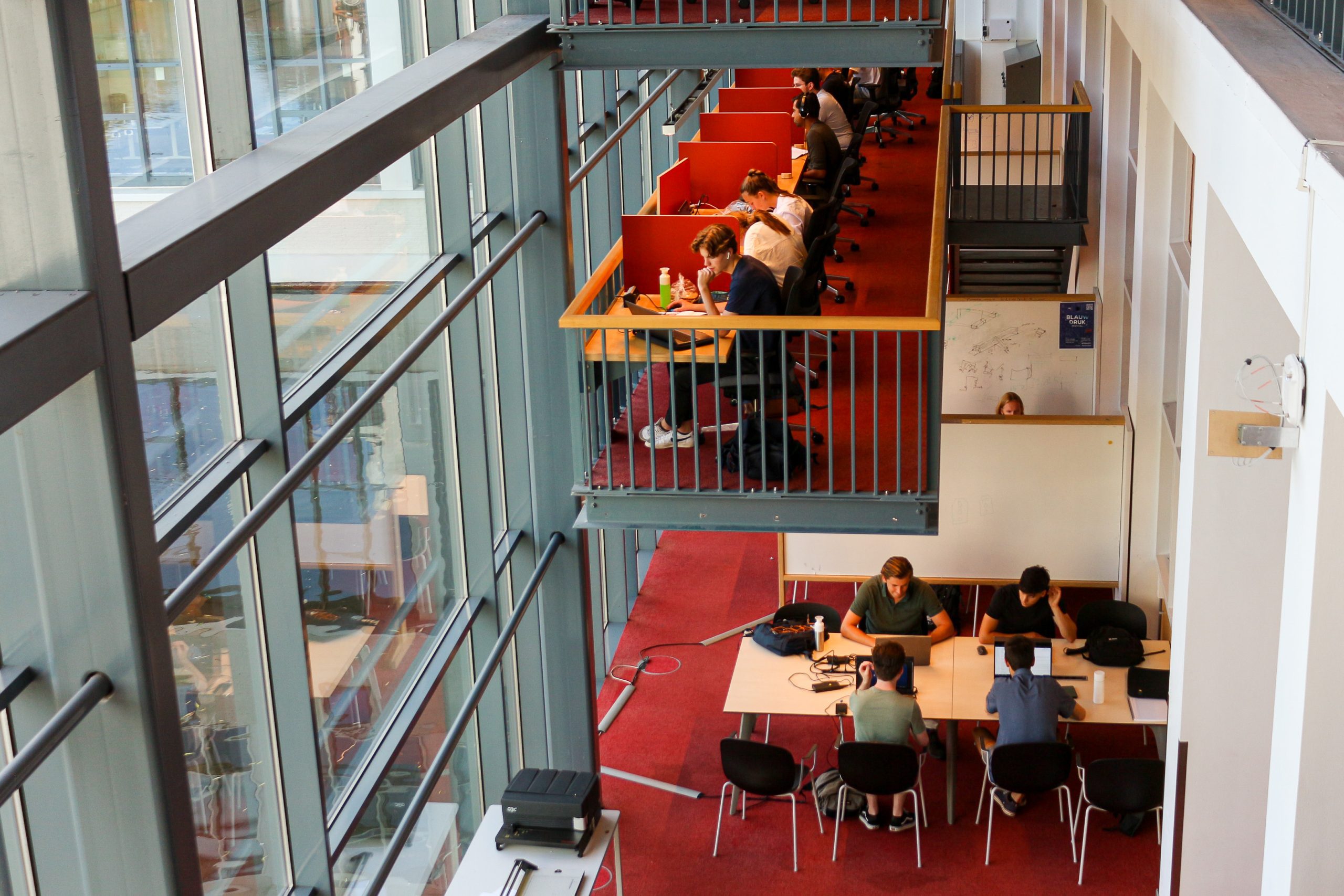The data of the vast majority of Dutch students is currently being stored at Microsoft and Amazon data centres, the Dutch newspaper FD reports.
TU Delft makes use of the cloud services of Amazon to store student data. (Photo: Justyna Botor)
The Financieele Dagblad (FD) suggests (in Dutch) that Dutch higher education institutions underestimate the risks of such storage, which includes both personal and study-related data.
Three quarters of the data of students studying at a Dutch university is stored at Microsoft and Amazon data centres, according to a yet unpublished study accessed by the Financieele Dagblad (FD). In 2015, only a quarter of all student data was stored in the cloud.
The study, which will be published in early November, is a follow-up to an earlier study on university cloud usage that Delta previously wrote about. Former TU Delft researcher Tobias Fiebig also participated in both studies. Delta was also given access to the new results of the scientific research. The data shows that TU Delft uses Amazon’s cloud services.
The Dutch Student Union argues in the FD that commercial companies should not be permitted to store any student data at all. Universities of the Netherlands acknowledges the risks involved in relying on these companies but is not in favour of abandoning the use of this software immediately. Instead, the association proposes collectively enforcing academic values in contracts with the tech giants.
Risks
Experts have long since warned (in Dutch) of the risks associated with cloud storage. The tech companies behind the cloud operate under US law. This means that investigative bodies in the United States may be granted relatively easy access to the data. This also applies when the cloud servers are located in Europe, which is usually the case with Amazon and Microsoft. The Cloud Act applies to these European storage locations, writes Fiebig on his research blog. “What this law basically says is ‘US authorities can subpoena US companies for data stored on their systems and their foreign subsidiaries regardless of where the data is physically located.’”
Last year, the House of Representatives expressed its concern about the influence of tech companies on higher education and research. In March this year, the institutions pledged collaboration on digital learning materials. Their aim is to improve the privacy and security situation of students and staff. Cyber professors, activists and staff representatives have already called for action in this area. The FD article has prompted both the VVD (in Dutch) and the SP (in Dutch) to submit parliamentary questions to Education Minister Robbert Dijkgraaf.
- Want to do a similar study? The scientists of the cloud usage study have put a tool online that allows you to collect live information about universities’ cloud usage.
HOP, Peer van Tetterode/ Delta
Do you have a question or comment about this article?
a.m.debruijn@tudelft.nl


Comments are closed.